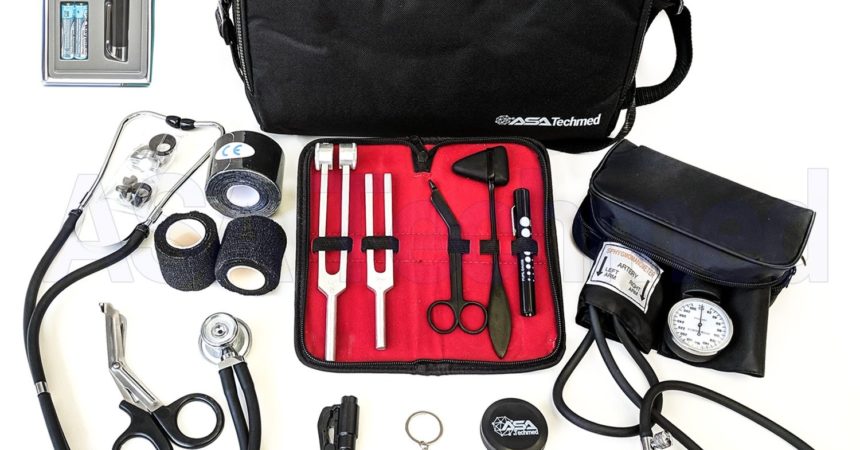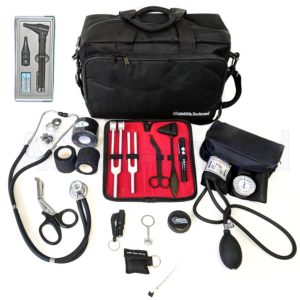
Governor, doctors urge people to get needed care
Essential health care.
It’s the moniker given to procedures that doctors were allowed to continue performing as the COVID-19 crisis spread across the state because they saved life and limb.
But after Gov. Ron DeSantis began allowing health-care providers to reopen for business, the message now is, don’t confuse procedures that were labeled non-essential as unnecessary.
“A lot of times people hear the (word) ‘elective’ and they think, ‘Well, is this like cosmetic surgery?’ No,” DeSantis said last Monday during a press event at Lee Health System in Southwest Florida. “These are things that are necessary. It may be elective when you schedule it, but you need to do it.”
Lawrence Antonucci, president and chief executive officer of Lee Health System, said his hospital system had about 300 surgeries daily before the COVID-19 pandemic. When DeSantis issued an executive order banning all non-essential procedures in March, the number of surgeries dropped to about 110 a day, Antonucci said.
The number of surgeries performed at the four hospitals that comprise the system increased last week to about 165 procedures a day. While that is an increase from recent weeks, Antonucci said, it’s still about half of the traditional case count.
“We know there are patients out there who need surgery,” Antonucci said. “And we want to assure the community it is safe to come in and have these procedures. It’s safe to come to our emergency room if you are having symptoms that require emergency care.”

During the height of the COVID-19, Gov. Ron DeSantis suspended no-essential health procedures, but now that he’s reopening the state he encourages people to get health services.
Photo special to the Outlook
But it’s more than the patient’s health that DeSantis aims to improve. The COVID-19 pandemic and the ban on elective procedures wreaked havoc on the bottom lines of hospitals and physicians.
The Florida Medical Association, the state’s largest physicians association, said it conducted a survey of its members that showed 42 percent of respondents had laid off staff and 55 percent had applied for loans. Four percent of the survey respondents said they permanently or indefinitely had closed their businesses.
Safety Net Hospital Alliance of Florida CEO Justin Senior estimated his 14 member hospitals lost about $175 million in revenue each week during the ban on elective procedures.
DeSantis’s health-care consumption message was delivered as the number of cases of COVID-19 cases in the state continued to increase. As of last Saturday, there were 42,940 COVID-19 cases in Florida and 1,917 deaths.
As COVID-19 took hold in the United States and aggressively spread in March, the federal Centers for Disease Control and Prevention urged the elimination of all non-essential health care services. DeSantis followed suit on March 20 by issuing an executive order banning non-essential procedures, at least in part to conserve personal protective equipment needed in treating COVID-19 patients.
Also, during that time there were startling images of people suffering as they waited for ventilators, as well as front-line health-care workers in New York using anything they could grab for protective equipment.
A recent study published in the Journal of the American College of Cardiology showed a drop in people with heart attack-like symptoms going to emergency rooms. Though that analysis didn’t include Florida-specific information, hospitals across the state also reported drops in the number of ER visits.
And it’s not just hospitals that people have been avoiding. The CDC reported Friday in the Morbidity and Mortality Weekly Report that the number of pediatric patients that have been immunized during the outbreak has decreased, something DeSantis, a father of three young children, warned against.
“The surgeon general of Florida (Scott Rivkees) is a pediatrician. It is something that he will bring to my attention often because we have seen measles outbreaks in different parts of the country just before all this started,” DeSantis said. “So if you are not keeping up with that, that’s a problem.”







